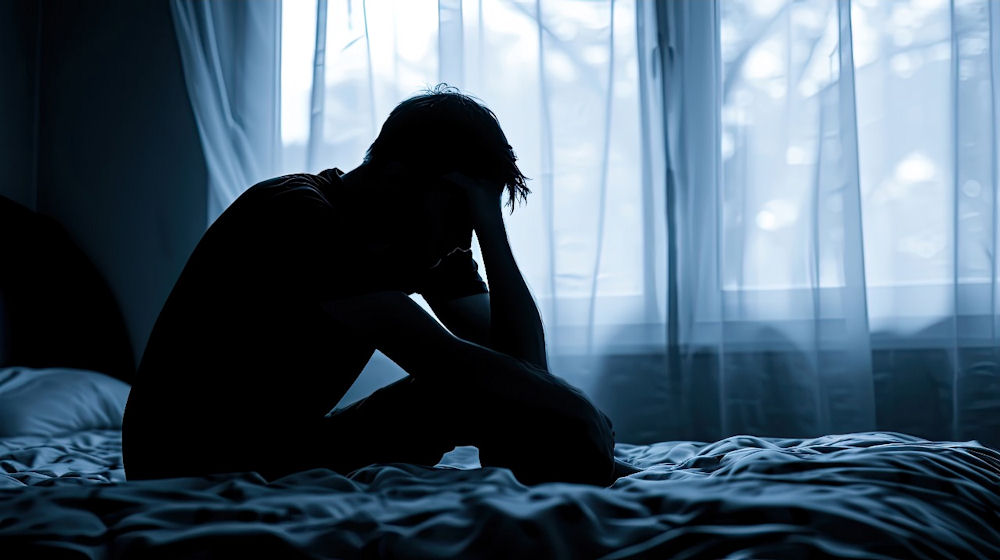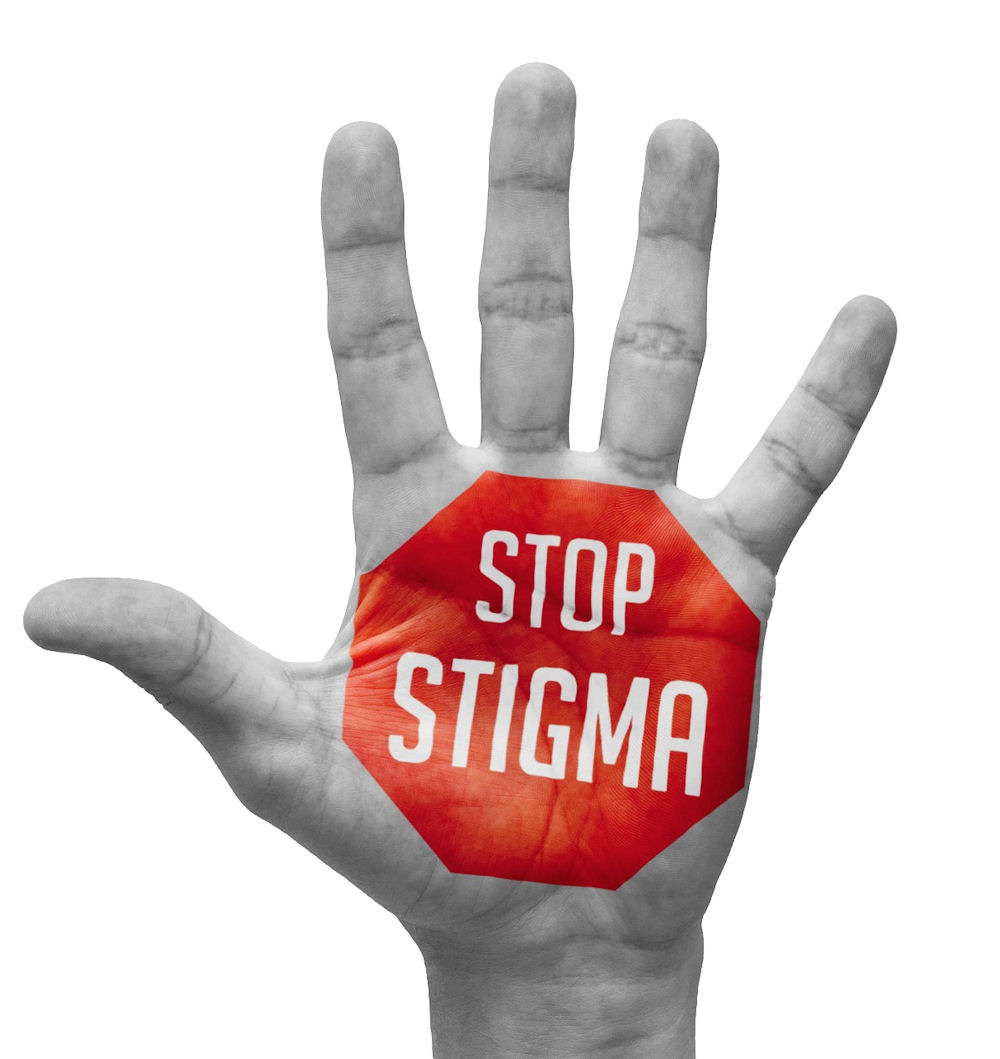Why Is Men’s Mental Health Overlooked?
Despite growing awareness of mental health in recent years, one population remains underserved, stigmatized, and overlooked: men. From societal expectations of toughness to deeply ingrained stigmas around vulnerability, many men are suffering in silence. But understanding the root causes of this issue and the consequences of ignoring it is the first step toward breaking the cycle.
At Northern Illinois Recovery Center in Crystal Lake, Illinois, we provide men’s addiction treatment to help break the stigma and provide men with the treatment they need. Speaking up and asking for help for women is often easier than it is for men, but we’re changing that stereotype.
Why Mental Health Matters for Men

Mental health is just as critical as physical health, yet it is often treated as an afterthought, especially for men. Emotional well-being impacts every facet of life, from relationships and careers to physical health and longevity. When men neglect their mental health, it doesn’t just affect them; it affects their families, workplaces, and communities.
Unfortunately, many men are raised to equate emotional expression with weakness. These cultural norms not only inhibit open dialogue but also delay diagnosis and treatment, often until a crisis occurs. Mental health care must be normalized for everyone, regardless of gender, and that starts with a shift in understanding.
When men receive the care they need, they are better able to engage in meaningful relationships, make sound decisions, and maintain emotional resilience in the face of challenges. Mental health support is not a luxury – it’s a necessity for overall well-being.
The Prevalence of Men’s Mental Health: Statistics You Need to Know
While mental health challenges affect people of all genders, men often experience and report symptoms differently. According to recent data:
- Over 6 million men suffer from depression annually in the U.S.
- Men are four times more likely to die by suicide than women.
- One in five men will experience an anxiety disorder during their lifetime.
- Despite these numbers, men are significantly less likely to seek professional help.
These statistics illustrate a silent crisis, one that is intensified by cultural norms and a lack of awareness. And this is exactly why addressing men’s mental health directly and compassionately is essential.
In addition to underreporting, men are also less likely to be diagnosed accurately. Their symptoms may be written off as anger management problems or personality traits rather than indicators of deeper mental health issues.
Why Is Men’s Mental Health Overlooked?
Why Men Don’t Talk About Mental Health
Traditional ideas about masculinity often teach boys and men to suppress emotions, be stoic, and handle problems independently. Vulnerability is seen as weakness, and seeking help is often equated with failure. These attitudes can have devastating effects.
Whether consciously or subconsciously, many men avoid talking about their mental health struggles out of fear of judgment or appearing “less manly.” As a result, problems like anxiety, depression, and trauma are often minimized or ignored.
Men may also feel they have no safe outlet. Cultural expectations, especially in male-dominated industries like construction, finance, or law enforcement, can make it nearly impossible to speak up without fear of ridicule or professional consequences.


Stigma and Barriers to Treatment
Stigma plays a major role in why men delay or avoid mental health treatment. Even when men do recognize their need for help, they often encounter:
- Limited access to male-specific mental health resources
- Social expectations to “man up”
- Fear of being perceived as weak by peers, employers, or family members
- Internalized shame and guilt
These barriers don’t just delay treatment; they worsen outcomes. Without proper intervention, symptoms often escalate into more serious mental health crises, including substance use disorders, self-harm, and suicide.
In some communities, especially among certain ethnic or religious groups, there is additional cultural stigma around mental health. Men may fear bringing shame to their families or believe that seeking help goes against their spiritual values. Addressing these intersecting pressures is essential for creating truly inclusive care.
Common Issues That Affect Men’s Mental Health
While men can and do experience common mental health conditions such as anxiety disorders, depression, and post-traumatic stress disorder (PTSD), the root causes and manifestations of these issues are often unique.
The pressure to succeed professionally weighs heavily on many men. High job demands, fear of failure, and a culture that often equates self-worth with career success can lead to chronic stress, burnout, and anxiety.
A man working long hours to support his family may push himself to the point of physical and emotional exhaustion, believing rest is a sign of weakness. Over time, this mindset creates a toxic cycle of overexertion, self-neglect, and emotional detachment.
Men often feel a responsibility to be financial providers, and when that stability is threatened, it can lead to feelings of inadequacy, shame, and despair. Financial stress is a leading contributor to depression and is particularly acute during economic downturns or job loss.
The weight of debt, unemployment, or underemployment can make a man feel like he’s failing his loved ones. Without support, these feelings can spiral into depression or risky behaviors, such as gambling or substance misuse.
Physical health concerns, especially chronic illnesses or injuries, can significantly impact a man’s mental state. Yet, just like with mental health, many men delay seeking care for physical ailments, which can compound stress and lead to further deterioration of both physical and emotional well-being.
Chronic pain, disability, or a major diagnosis like cancer can evoke fear, helplessness, and even rage. Without a space to process these emotions, men may withdraw, lash out, or fall into depression.
Although depression affects both men and women, the symptoms can manifest differently in men. While women may present as sad or withdrawn, men are more likely to exhibit signs such as:
- Irritability and anger
- Risk-taking behavior
- Substance use
- Physical aches and pains
- Emotional numbing
These symptoms are often misattributed or overlooked entirely, causing many men to go undiagnosed for years.
Men are also more likely to use external coping mechanisms (such as excessive working, drinking, or thrill-seeking) to escape depressive symptoms. These behaviors can be mistaken for stress responses rather than red flags for underlying mental illness.
The most tragic consequence of untreated mental illness is suicide. According to the CDC’s 2022 WISQARS Leading Causes of Death Report:
- Suicide was the eleventh leading cause of death in the U.S., claiming more than 49,400 lives.
- It was the second leading cause of death among people aged 10-14 and 25-34.
- It was the third leading cause of death for individuals aged 15-24 and fourth for those 35-44.
- Alarmingly, there were nearly twice as many suicides as homicides.
Men account for nearly 80% of all suicide deaths, a sobering statistic that highlights the urgent need for gender-sensitive mental health care.
Suicide doesn’t always come with clear warnings. Many men may seem outwardly composed, successful, or even cheerful, making their internal struggles harder to detect. This makes proactive conversations and routine mental health check-ins all the more important.
Warning Signs and Symptoms of Mental Health Disorders in Men
Because men often mask or downplay their emotions, it’s crucial to be aware of less obvious warning signs. These may include:
- Sudden changes in behavior
- Difficulty concentrating or maintaining productivity
- Loss of interest in hobbies or relationships
- Increased use of alcohol or drugs
- Sleep disturbances
- Anger or irritability
- Talking about being a burden or expressing hopelessness

Loved ones and healthcare providers alike must learn to recognize these signs and respond with compassion and urgency. Men may also display what’s called “masked depression,” where symptoms are less about sadness and more about rage, control issues, or compulsive behaviors. This presentation can be easily misread, further delaying appropriate treatment.
Mental Health Treatment at NIRC
At Northern Illinois Recovery Center, we understand the unique challenges men face when it comes to mental health. Our men’s addiction treatment program is designed to address the root causes of mental health and substance use issues in a safe, judgment-free environment.

We offer:
- Individual and group therapy
- Trauma-informed care
- Dual diagnosis treatment
- Evidence-based therapies like CBT and DBT
- Holistic approaches, including mindfulness, fitness, and nutrition counseling
- Peer support and aftercare planning
Our male-focused programming empowers men to reclaim their mental well-being without shame. Whether you’re facing stress, depression, addiction, or any combination of challenges, healing is possible, and it begins with asking for help.
Many of our clients report feeling a deep sense of relief upon entering a space where their struggles are understood and validated. Our clinicians are trained to explore underlying traumas and social pressures, helping men build healthier ways of thinking and coping.
Men’s Mental Health Care Is Available
You are not alone. If you or a man you love is struggling with co-occurring mental health disorders or substance use issues, there is help. Recovery is not a sign of weakness; it’s a courageous step toward a healthier, more fulfilling life. At Northern Illinois Recovery Center in Crystal Lake, IL, we offer compassionate, specialized care to support men in overcoming stigma and reclaiming their lives.
Break the silence. Start the conversation. Begin your healing journey by contacting us today.






